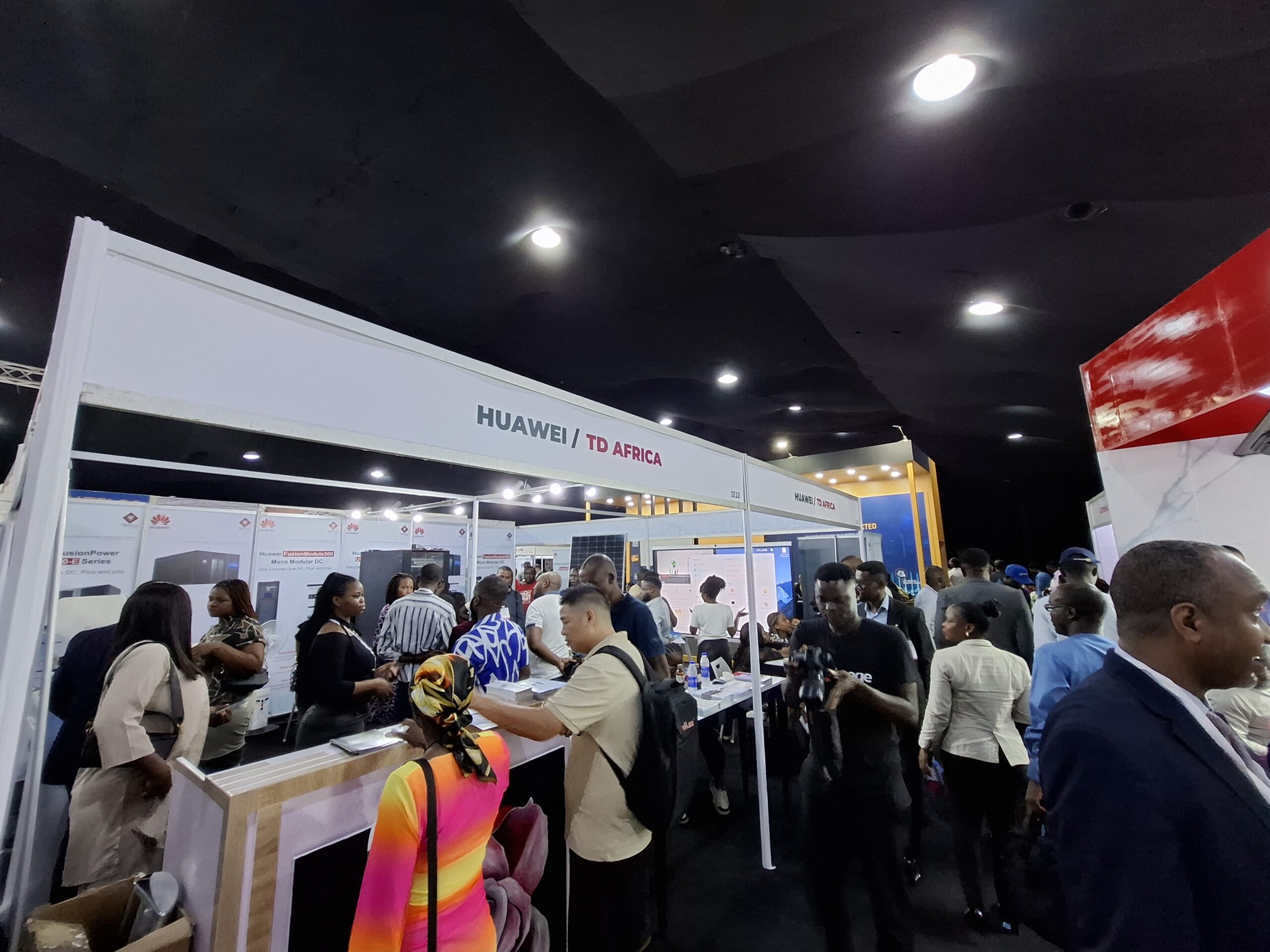By Chinenye Anuforo
[email protected]
The National Information Technology Development Agency (NITDA) has unveiled a strategic policy roadmap aimed at accelerating Nigeria’s adoption of Internet of Things (IoT) technologies and ultimately positioning the country for a smarter and more connected future.
Dr. Aristotle Onumo, NITDA’s Director of Stakeholder Management and Partnerships, disclosed this Tuesday in Lagos during the IoT West Africa Conference co-located with Power and Water and organised by Vertex Next.
He shared an inspiring vision for Nigeria, one where smart technologies gently integrate into everyday life, gradually enhancing efficiency and opening new pathways for economic growth, as the global IoT market heads toward a projected value of over $1.6 trillion by the end of 2025.
Onumo’s presentation offered a thoughtful glimpse into what IoT could mean for Nigeria, envisioning a future where local farmers receive timely insights about their crops, helping them improve yields while minimising waste.
He also imagined vibrant Nigerian cities where smart traffic systems ease daily congestion and a healthcare network equipped to anticipate and respond to disease outbreaks before they spread.
He also highlighted the promise of a responsive, self-correcting national power grid, designed to reduce disruptions and provide more consistent electricity for homes and businesses across the country.
“Think about it in a while, in Africa, in Nigeria, where our grid system has a self-healing mechanism, that even before they break down, you already know what the costs are going to be,” Dr. Onumo stated as he flaunted the tangible benefits IoT could bring to everyday Nigerian life.
With Nigeria accounting for a significant 40% of Africa’s massive 1.4 billion population, the potential impact of IoT adoption within the country is colossal. He highlighted the fertile ground provided by Nigeria’s growing mobile penetration, offering a unique opportunity to leapfrog developmental stages and revolutionise key sectors. He specifically emphasized the agricultural sector, which employs a substantial portion of the Nigerian workforce, envisioning IoT sensors optimizing irrigation, monitoring environmental conditions, and tracking livestock, mirroring successful implementations seen globally.
The benefits extend to healthcare, with the promise of wearable IoT devices bridging the gap in access between urban and rural Nigeria, and to urban development, where smart city initiatives, though nascent in cities like Lagos, can be significantly scaled to improve the quality of life for millions of Nigerians through intelligent traffic management and waste disposal.
Onumo acknowledged that Nigeria currently contributes less to the global IoT narrative than its potential suggests. However, he framed this not as a weakness but as a powerful call to action for Nigerians to seize the opportunity to become key players in this technological revolution. He cited World Bank projections indicating that digital technologies, with IoT as a central pillar, could add nearly $200 billion to Africa’s GDP by the end of the year, a substantial portion of which Nigeria stands to gain.
However, he emphasized to the challenges that Nigeria must confront to fully realize this smart future. He pinpointed the connectivity deficit, particularly in rural Nigeria where reliable internet access remains a barrier, as a primary concern. The persistent energy crisis across the nation also poses a significant hurdle for powering the vast network of connected devices. “Furthermore, establishing robust cybersecurity measures and data governance frameworks will be crucial to ensure responsible and secure IoT deployment across Nigeria.”
Recognizing the critical skills gap, NITDA is proactively implementing a strategic plan focused on digital literacy and talent development specifically for Nigerians. The agency aims to equip 30 million Nigerians in the informal sector with essential digital skills by 2027 and achieve a 70% national digital literacy rate within the same timeframe, with a longer-term goal of 90% by 2030. Initiatives like the “Digital Literacy Champions” program are already training individuals to become digital ambassadors within their communities.
NITDA is also actively nurturing Nigeria’s burgeoning tech ecosystem through initiatives like the Nigerian Startup Act and the iHatch program, providing crucial support and funding to young Nigerian entrepreneurs developing innovative IoT solutions tailored to local challenges. Onumo called upon Nigerian policymakers to create a supportive regulatory environment, Nigerian business leaders to invest in scalable IoT solutions, and Nigerian educators to equip the next generation with the necessary skills.
Underscoring the collaborative spirit needed for this transformation, Anoosh Sirkeck, Chief of Staff, Strategic Growth Leader at Vertex Next, highlighted a significant convergence of key technology and infrastructure sectors. “This year we are doing something truly transformative,” Sirkeck stated, emphasizing the unprecedented collaboration between IoT, West Africa Data Center and Cloud Expo Africa, and Power & Water Nigeria. This unification aims to create an unparalleled platform for digital innovation, sustainable energy advancement, smart city evolution, and next-generation technology, recognizing that these elements are intrinsically linked to Nigeria’s IoT aspirations.
Sirkeck emphasized that Africa, and by extension Nigeria, stands at a “transformative crossroads,” with the necessary momentum and a ready ecosystem to embrace this technological shift. “Our event is about more than just technological showcasing, it’s about building the future together,” he affirmed, highlighting the importance of partnerships and attracting critical infrastructure investments to empower a new era of digital, inclusive, and sustainable growth in Nigeria.

